Warming Climate Spells Chaos for Seasonal Bird Migrations
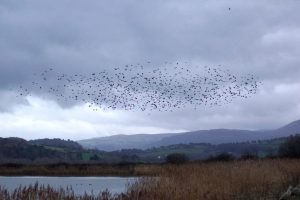
Climate change is causing spring to arrive earlier in much of North America, but this advance is not happening uniformly across many bird’s migration routes.


Climate change is causing spring to arrive earlier in much of North America, but this advance is not happening uniformly across many bird’s migration routes.
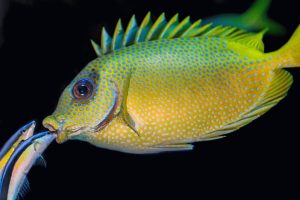
A study published in February calls into question the widely held belief that fish are stupid, by showing that they can recognise their own reflection.
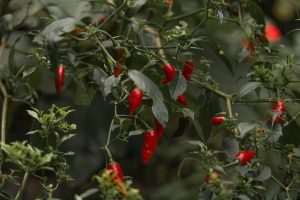
Virtually all mammals wisely choose to avoid eating chilli peppers and other foods that taste ‘hot’. New research shows that Chinese tree shrews have evolved to eat large quantities of chillies in their diet by tuning down their taste buds to the chemical that makes these foods spicy.

Ticks feed on the blood of vertebrates, but this diet is low in B vitamins, which are vital for cellular metabolism. A study published earlier this year shows that African soft ticks (Ornithodoros moubata) supplement their diet with vitamin B from bacterial symbionts.
Continue reading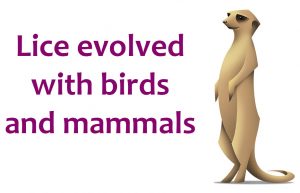
Parasites are thought to diversify with their host species, but the theory has rarely been tested. Kevin Johnson at the University of Illinois and his colleagues sequenced the genomes of 46 species of lice that parasitise birds or mammals, and two non-parasitic bark lice, and constructed an evolutionary tree. They estimated that parasitic lice first emerged between 90 and 100 million years ago, but didn’t begin to diversify until 66 million years ago – around the time of the dinosaurs’ extinction.
Continue reading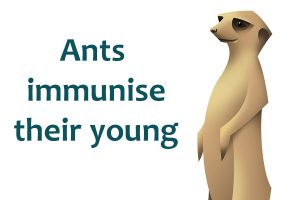
As I’ve mentioned before, living in a large densely-packed social group, like a city or an ant colony, comes with some drawbacks – perhaps worst of which is the risk of catching a contagious diseases. Earlier this year I wrote about research showing that raider ants treat injured workers’ wounds, helping them to heal. Now, a new study shows that the queen can pass on resistance to diseases she’s encountered, arming her workers against pathogens.
Continue reading
I’ve spent more time than most observing ants, and I’ve come to find them ‘cute’ – something few other people understand, and that is often hard to convey. So it’s nice to find a paper that offers the opportunity to give people a glimpse into the cuteness I see in ant behaviour.
Ants clean the wounds of injured nest mates, often saving their lives and keeping infection out of the colony.
Continue readingThe Ig Nobel Prizes is one of my favourite events of the year, and this year the winning research is particularly great. On the 14th September, The 27th First Annual Ig® Nobel Prize Ceremony & Lectures took place at Harvard University in Massachusetts. In case you’re not familiar with the awards, they were set up in 1991 to celebrate research that makes you laugh, and then makes you think. Here are this year’s awards:
New gene editing technologies have revolutionised genetic science, but social insects like ants have proved difficult to genetically modify because of their complex lifecycle and social structure. Now, two separate labs have succeeded in using the CRISPR-CAS9 system to genetically modify two unusual ant species, switching off genes and disrupting their social behaviour in the process.
Continue reading
Scientists bring marine plankton back to life to study past climate change
Phytoplankton such as are responsible for half the global primary production (GPP), and some form resting cysts that can lie dormant in marine sediments for up to a century. Earlier this year, scientists succeeded in making use of these cellular time-capsules to understand changing ocean conditions in a Swedish fjord.